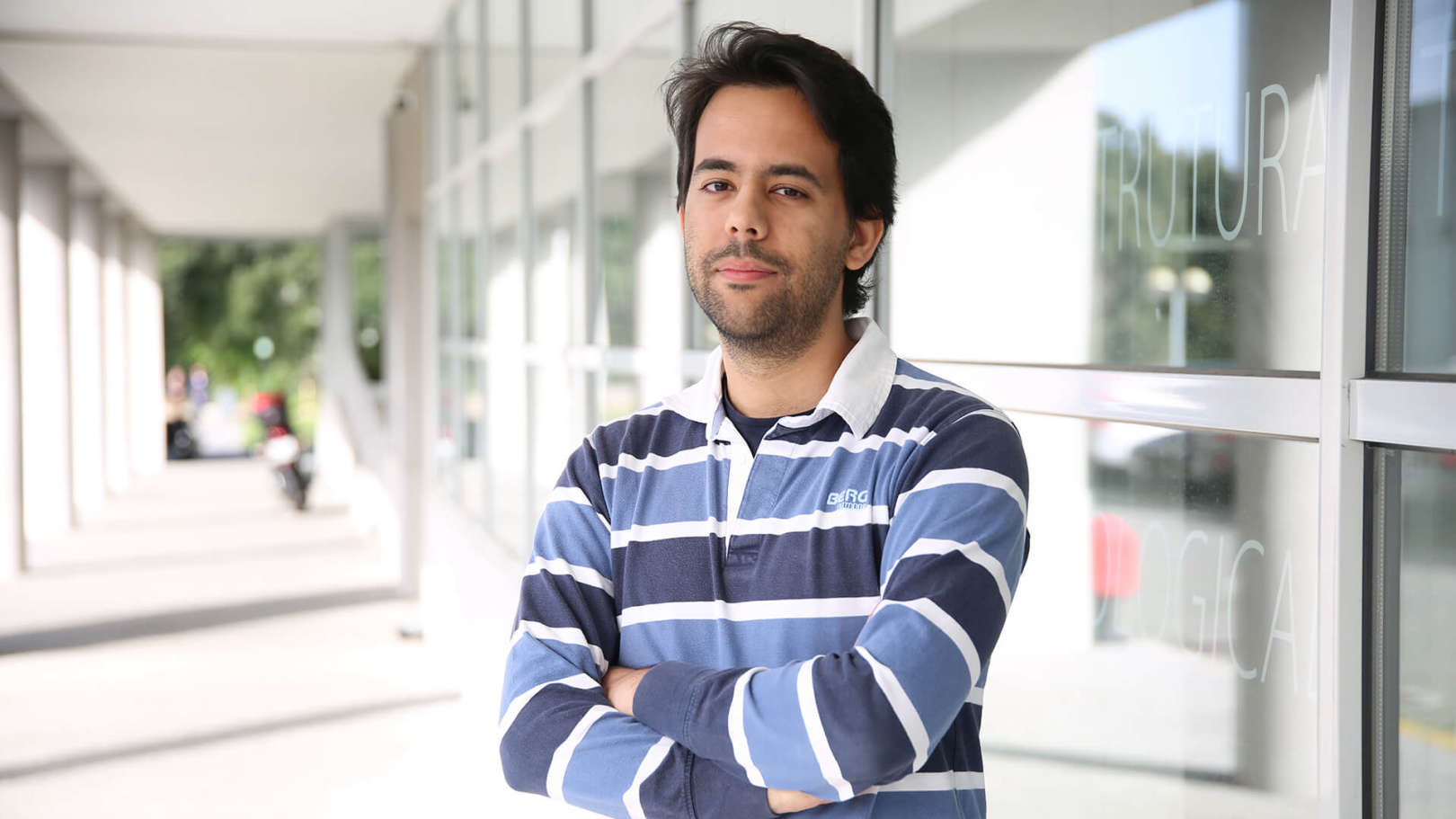Sobre
O meu nome é Manuel e nasci em 1992 no Porto, Portugal. Comecei o Mestrado em Engenharia Electrotécnica e de Computadores na FEUP em 2010 e terminei em 2015 na área de Sistemas Elétricos de Energia. De agosto de 2015 até novembro de 2016, trabalhei no Departamento de I&D do Grupo Cabelte como Engenheiro de Produto de Cabos de Energia. Desde Fevereiro de 2017 trabalho como investigador no CPES do INESC TEC.


